“Can you buy Linabell for me?”
“Linabell is so cute, I must have her”
“Linabell, mom loves you!”
This October, the most popular female celebrity in China is Disney’s new top-notch-Linabell.

How was Disney’s “traffic star” born?
As one of Disney’s new IP “Duffy and his friends”, Linabell was born on September 29.
And because this image is dominated by Chinese designers, Linabell made her debut at Shanghai Disney.
How popular is she?
Almost on the day she was born, her various emoticons have appeared on major social networks.
Later emoticon became a small video of tourists interacting with her at Disney, and gradually evolved into a kind of “traffic code”.
Linabell’s popularity is very similar to the previous traffic stars dominating all kinds of hot searches.
In fact, to some extent, Linabell is a “traffic star” created by Disney.
Disney has always been a content-driven IP linkage model.
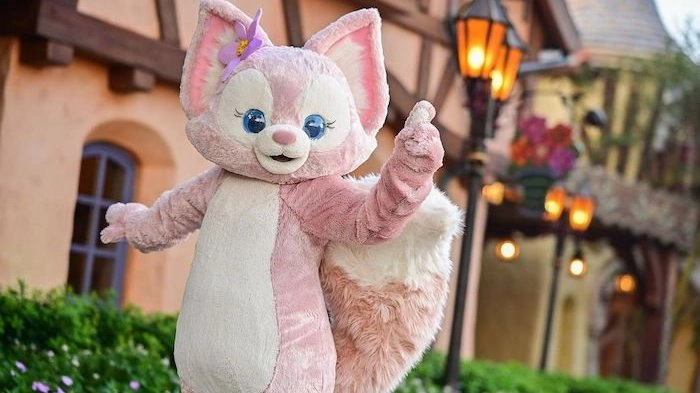
From Donald Duck Mickey Mouse to the later Lion King Dumbo, to Princess Elsa in the past two years, every animation IP has at least one movie to tell his story.
But Linabell is different. She only has a short introduction written on the official website and official account.
“Linabell is a curious and thinking little fox. It has a fluffy and furry tail and a beautiful orchid pinned to its ears…”
This is not Disney’s first “no work debut” cartoon image.
The same goes for her other IPs in the same family, “Duffy”, “ShellieMay”, “Olu Mel”, and “Gelatoni”.
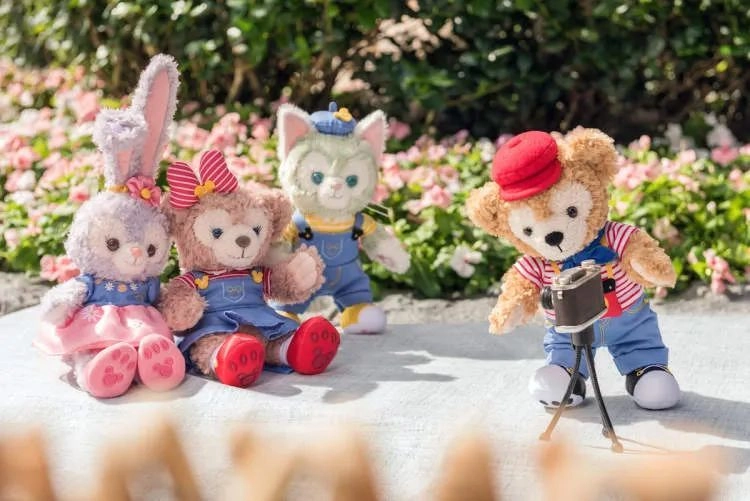
Their lives depend on a paragraph, no animation, no movies, no games.
But on the contrary, they lack the blessing of animation works, but they are very popular in the derivatives market.
Take Linabell as an example. Since the launch date, Shanghai Disney has sold out almost every day.
At the same time, imitations have also appeared on many e-commerce platforms.
From Mulan to Linabell, Disney in China
The “first love letter” that Disney wrote to China was the animated film “Mulan”.
In 1998, the two films that Disney was optimistic about, “The Hunchback of Notre Dame” and “Hercules” were unsatisfactory at the box office, and they were once in a dilemma.
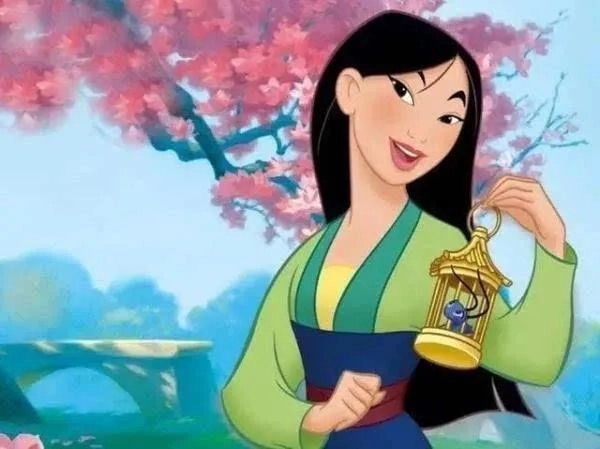
But once “Mulan” was released, it received rave reviews.
The freshness of “Mulan” Rotten Tomatoes website is 86%. The comment given by the website is: “Mulan” broke through the original barriers of Disney and brought a new dawn to Disney.
Although the film’s box office in the Chinese market is not ideal, at least it has established an emotional connection with Chinese audiences.
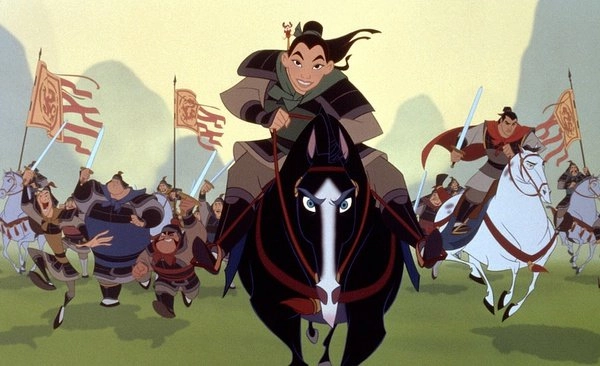
Since then, although Disney has also co-produced movies with Chinese film and television companies, most of them have no splashes.
During this period, the growth rate of the North American box office market slowed down, and China is gradually growing into an important ticket warehouse in the world.
In 2017, China surpassed the North American market to become the world’s largest movie market with the largest number of screens.
In October 2020, China officially surpassed the North American box office market for the first time, becoming the world’s largest ticket warehouse for the first time.
This means that China is an indispensable market for Disney, whose main business is animated films and live-action films, if it wants to get a good box office.
In 2019, the final battle of “Avengers 4” was released. This movie, which is very attractive to audiences around the world, finally chose to hold its premiere ceremony in China.
This move is regarded as Disney’s great emphasis on the Chinese market.
In the end, “Avengers 4” harvested 4.2 billion box office in China, and it still ranks among the top ten box office in Chinese film history.
Like most brands, Disney’s path to the Chinese market is also an “adaptation of traditional Chinese culture.”
But this strategy has little effect, and even played a certain counter-effect.
In order to further expand its Chinese market, Disney meticulously planned the live-action movie “Mulan”.
This project has attracted the attention of Chinese people from the beginning.
But planning for ten years, investing 200 million US dollars, global audition, two years of shooting.
Disney’s efforts as the first “Chinese princess” did not pay off in the end.
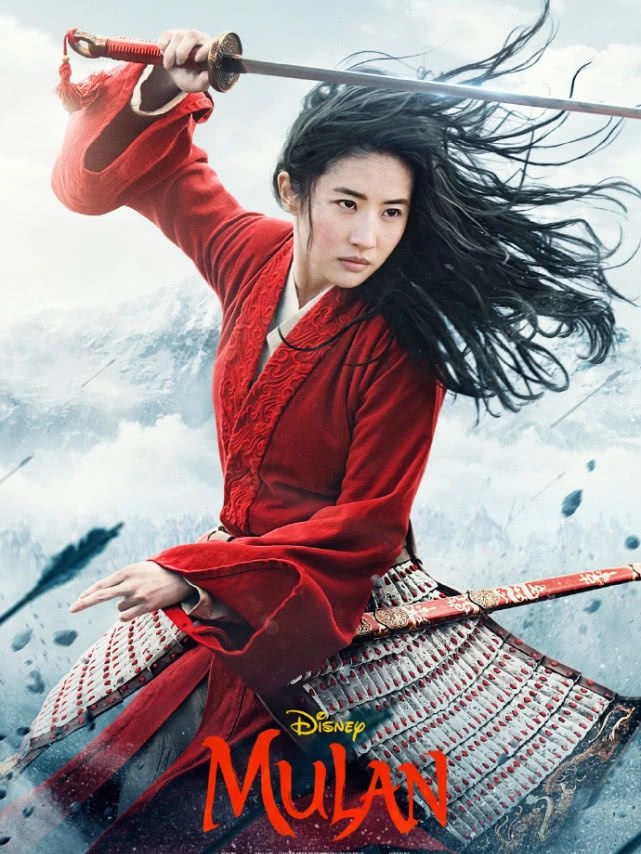
After it was released, “Mulan” was hit by word-of-mouth Waterloo, and the Douban score hovered between four and five points.
Its box office was easily overtaken by the movie The Eight Hundred, which has been in theaters for more than half a month.
The poor performance of the Chinese market directly affects “Mulan” global theater revenue.
The failure of “Mulan” once again proved Hollywood’s limited understanding of traditional Chinese culture.
Telling a “Chinese story” well does not seem to be a simple fit of Chinese mythology into the Hollywood movie frame.
One cannot step into the same river twice, but Disney wants to try again.
After the “Chinese Princess”, they launched the “Chinese Superhero” for the first time-“Shang-Chi and the Legend of the Ten Rings”.
Although “Shang-Chi and the Legend of the Ten Rings” invited Chinese celebrities like Tony Leung to join, it overturned in the public opinion field in Mainland China before it was released.
Although “Shang-Chi and the Legend of the Ten Rings” has been released in North America and has a good box office, there is still no news about it in China.
Does this mean the second failure of the “China Strategy”?
Facing Universal Studios head-on, Disney is going to adopt a “traffic strategy” this time
In October of this year, Disney finally ended its era of monopolizing theme parks in China, and Universal Studios, which also has a super IP lineup, settled in Beijing.
The domestic fans of Harry Potter and Minions are no less than Mickey Mouse and Marvel heroes.
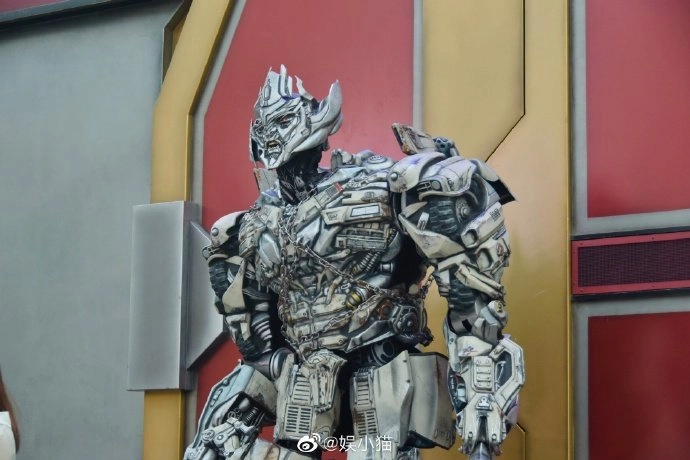
Therefore, after the opening of Universal Studios, it quickly became a popular attraction in Mainland China.
There must be a battle between Universal Studios and Disney.
Before National Day of the People’s Republic of China, Universal Studios once overwhelmed Disney with the topic of mass celebrity tours and Megatron.
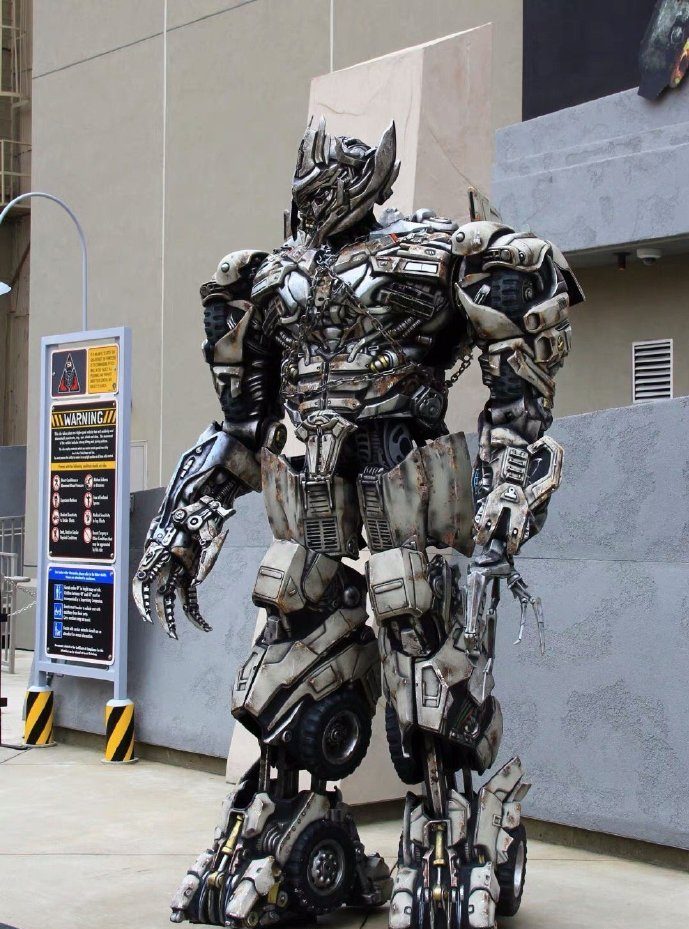
But the appearance of Linabell changed this situation.
As a new IP, Linabell not only demonstrates a strong traffic potential, but also breaks through an original consensus.
Only on the basis of profound content can the value of IP be reflected.
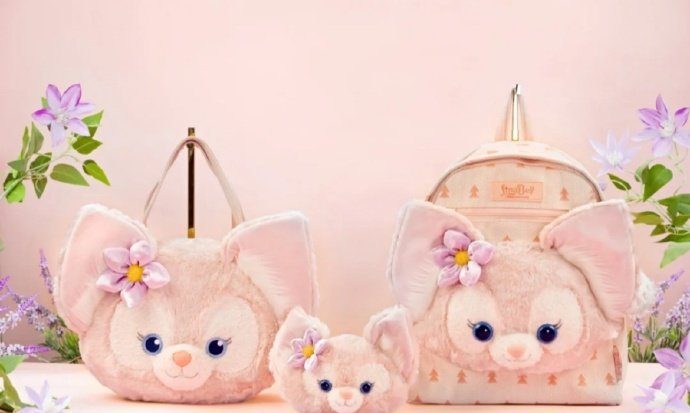
Unlike the well-known Disney animated/live-action movie characters in the past, “Duffy and his friends” are all cartoon IPs that turned out.
However, it has achieved great success in the derivatives market and public opinion market.
This seems to be a huge transformation of the IP industry in the Internet era.
In the past, the consumption habit of film and television was indeed to work first and then IP, but with the development of social networks, the core of IP has transformed into “traffic and attractiveness.”

An IP made out of thin air may also be extended.
Perhaps when it is verified as an IP, the production and trial and error costs of the content will be lower and it will be able to leverage more energy.
Matthew Ball, a former executive of Amazon Studios, once said that an entertainment company only does three things: create/tell stories, build love for these stories, and turn love into money.
Now, Disney, who has the code of wealth, has directly turned love into money.


